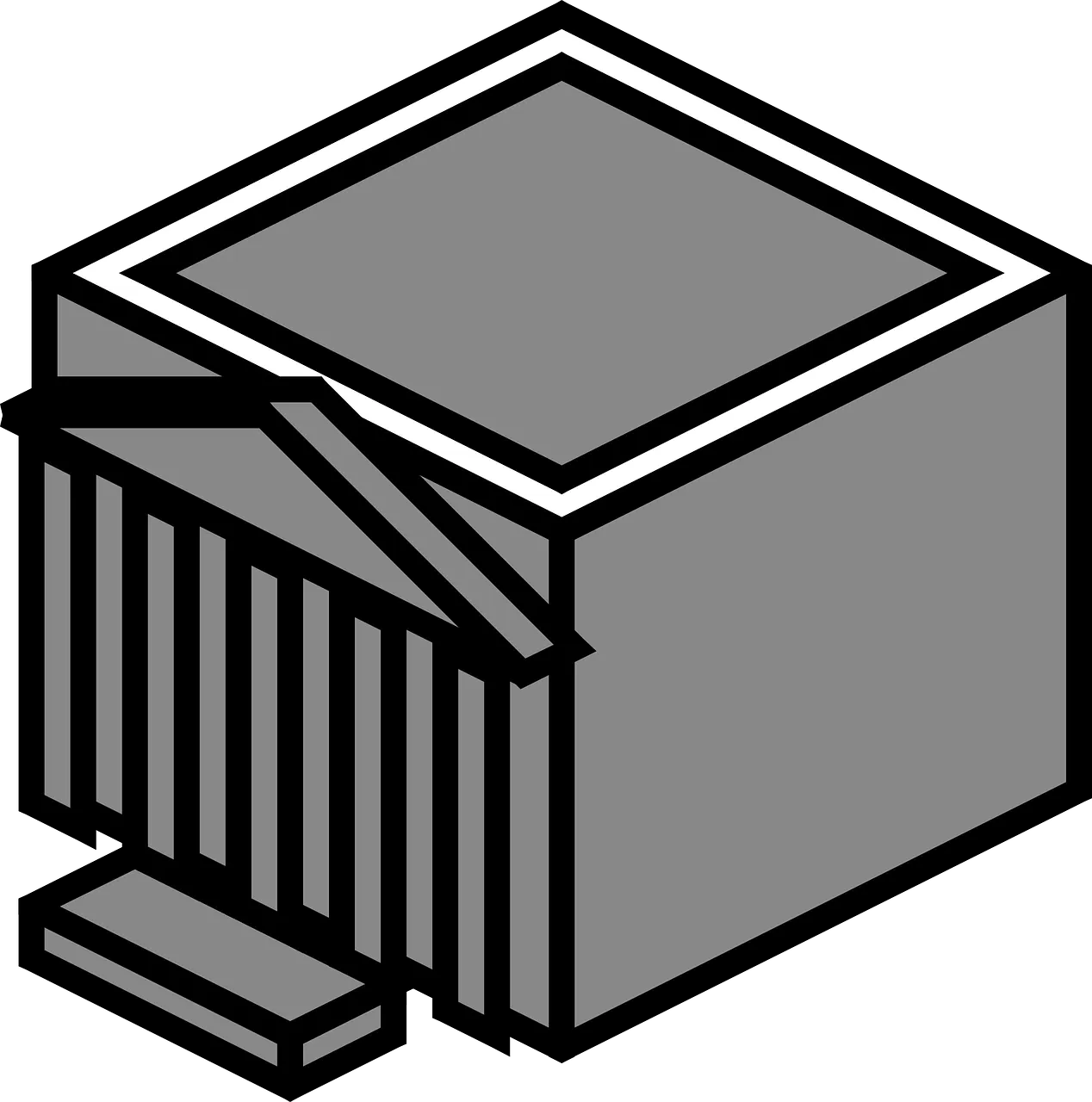
What Happens In Traffic Court?
Entering Traffic Court
Going to traffic court can certainly be nerve-wracking for many people. For those who have never stepped into a courtroom before, the experience of walking into a room filled with other drivers cited for traffic violations, lawyers, and court personnel can feel overwhelming. To be clear, going to traffic court is probably not the most exciting thing you’ll do. If you’re required to appear, you’ll likely spend some time waiting before your case is called—unless you have a lawyer. You generally don’t need to bring your traffic ticket to court, as the prosecutor will likely already have it in their system. In most cases, you don’t need to bring anything special to court.
Some traffic courts allow you to appear via Zoom for certain cases. However, entering a plea of guilty and resolving the case may require an in-person appearance, depending on the type of traffic citation involved.
It is crucial to appear on time for your traffic case. Arriving late may result in your case being called without you, leading to an automatic conviction (known as an ex parte conviction). In more serious cases, such as misdemeanor traffic offenses, a bench warrant could even be issued for your arrest.
When you have a traffic court lawyer, the process can often move more quickly, as attorneys will have their cases be called first in court due to them having to appear in other courtrooms. Without a lawyer, however, you may find yourself waiting a long time before your case is even called. Most courtrooms require you to check in with the clerk before your case is heard. After checking in, you’ll wait until the judge or court personnel calls your name.
Case Resolution or Continuance
In many instances, your traffic matter may be resolved on the same day you appear. This is often the case for petty offenses or minor violations. However, for those cited with misdemeanor traffic violations, the case may be continued to allow time to hire an attorney. If you already have a lawyer for a misdemeanor traffic ticket, there is a decent chance the matter can be resolved that day. Continuances are usually about a month out.
The outcome depends on several factors, such as the nature of the offense, whether the prosecutor requests mitigation (such as proof of compliance for completion of counseling or other documentation), or whether you request a continuance to review discovery or prepare for a trial. It’s worth noting that some courthouses offer same-day trials, though this varies depending on the location and case type.
When Your Case Is Called
When your case is called in traffic court, you will approach the judge. If you are under 18 years old, your parent will have to approach the judge with you. The judge will typically recite the citation you are facing and outline the associated penalties. Procedures can vary by courthouse, but generally, the judge will ask the prosecutor for their recommendation regarding a resolution. Alternatively, the judge may directly offer you court supervision if you’re eligible.
If you’re cited for an insurance violation or expired vehicle registration, providing proof of valid insurance or a renewed registration will lead to the case being dismissed.
Court Orders and Payment Slips
If your case is resolved with court supervision, you will receive a court order that outlines the terms of your supervision. This document will specify the length of the supervision period, the total amount owed, and any other conditions you must meet.
If your case is resolved with a conviction and an order to pay fines, you will receive an order or a payment voucher indicating the amount owed and instructions for payment. It’s important to follow the terms of any court order to avoid further legal complications.
Most courthouses allow online payments, and some even provide a QR code for quick access. Be sure to make your payment on time, as failing to do so can jeopardize your court supervision. You can also make your payment in person at the County Clerk’s office or immediately after your case is resolved. Having your case number or court order handy will help expedite the payment process.
If you have any questions, give us a call at (773) 657-4427. A traffic court lawyer will speak with you and lead you to the right direction.
